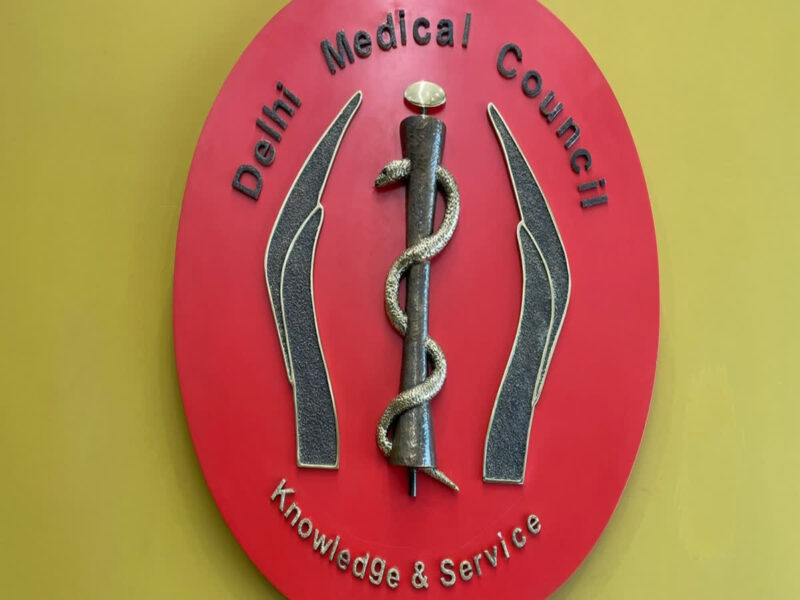New Delhi, 27 November 2024: In a recent clarification, the Delhi Medical Council (DMC) has asserted that dentists are not qualified to perform aesthetic procedures such as botox, fillers, and other cosmetic treatments. This statement aims to address the growing concern about the expansion of dental practitioners into areas traditionally reserved for dermatologists, plastic surgeons, and other medical specialists.
The decision has sparked widespread debate within the medical and dental communities, raising questions about the scope of practice, patient safety, and the legal ramifications of such procedures performed by dentists. Here’s an in-depth look at the issue.
The Scope of Dental Practice
Dentistry is primarily focused on oral health, encompassing the diagnosis, prevention, and treatment of diseases affecting the teeth, gums, and oral cavity. Dentists are extensively trained in procedures such as fillings, extractions, root canals, and prosthodontics. While modern dentistry includes certain cosmetic treatments, such as teeth whitening and veneers, its primary domain is oral health.
The DMC’s statement underscores that the training and expertise of dentists do not extend to procedures involving the face or body beyond the oral cavity. Aesthetic treatments like botox and dermal fillers involve the skin, muscles, and subcutaneous tissue, requiring specialized training that is not part of a standard dental curriculum.
Why the Clarification Was Necessary
The rise in demand for aesthetic procedures has led to a surge in practitioners seeking to diversify their services. Dentists, leveraging their knowledge of facial anatomy, have increasingly ventured into offering botox and filler treatments. However, this trend has raised significant concerns:
Patient Safety: Aesthetic procedures require a deep understanding of facial anatomy, including nerves, blood vessels, and musculature. Inadequate training can lead to complications such as infections, nerve damage, or unsatisfactory cosmetic outcomes. The DMC has emphasized that unqualified practitioners pose a risk to patient safety.
Legal and Ethical Issues: Performing treatments outside one’s area of expertise could result in legal repercussions, including malpractice claims. The DMC’s clarification aims to ensure that patients receive care only from appropriately trained and certified professionals.
Professional Overlap: The entry of dentists into the field of aesthetics has led to tension between dental practitioners and medical specialists, particularly dermatologists and plastic surgeons. These professionals argue that their training equips them to handle the complexities of aesthetic procedures, a skillset dentists lack.
A key issue in the debate is the difference in training and certification standards. Medical professionals specializing in aesthetics undergo rigorous training in facial anatomy, pharmacology, and the management of complications. This expertise is built over years of postgraduate education and clinical experience.
While some dentists may pursue short-term courses in aesthetic procedures, experts argue that these programs do not provide the depth of knowledge required to perform these treatments safely and effectively. The DMC’s stance highlights the need for comprehensive and accredited training before practitioners can undertake aesthetic procedures.
The Legal Perspective
The DMC’s clarification aligns with the broader legal framework governing medical practice in India. The Indian Medical Council (IMC) and state medical councils regulate medical procedures, ensuring that only qualified professionals perform treatments within their scope of practice. Dentists are governed by the Dental Council of India (DCI), which primarily focuses on oral health.
Engaging in procedures outside the defined scope of practice could lead to disciplinary action, including suspension of licenses or legal action. The DMC’s advisory aims to protect both practitioners and patients by ensuring adherence to professional standards.
The Delhi Medical Council’s statement serves as a reminder of the importance of patient safety and professional accountability in healthcare. While the demand for aesthetic procedures continues to grow, it is crucial to ensure that these treatments are performed by adequately trained and certified professionals.











